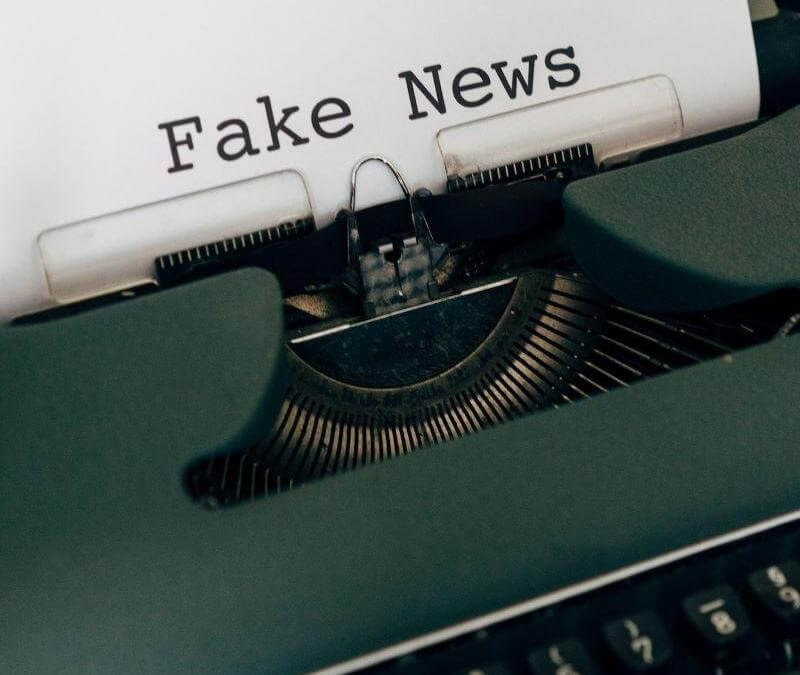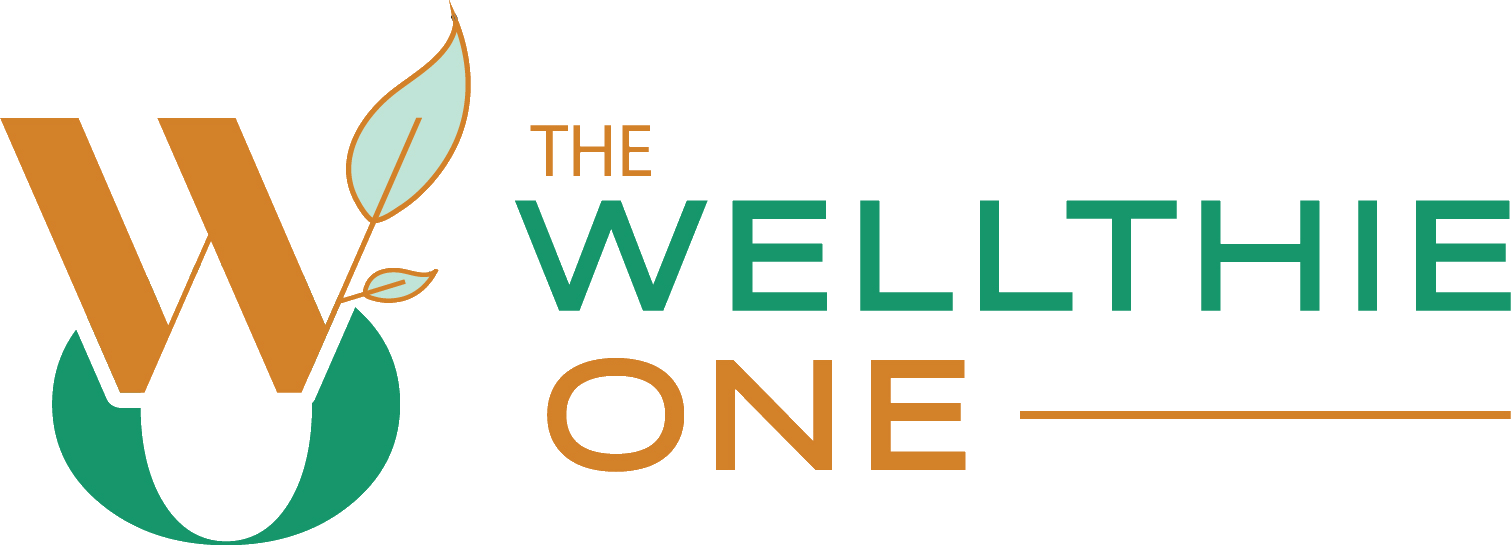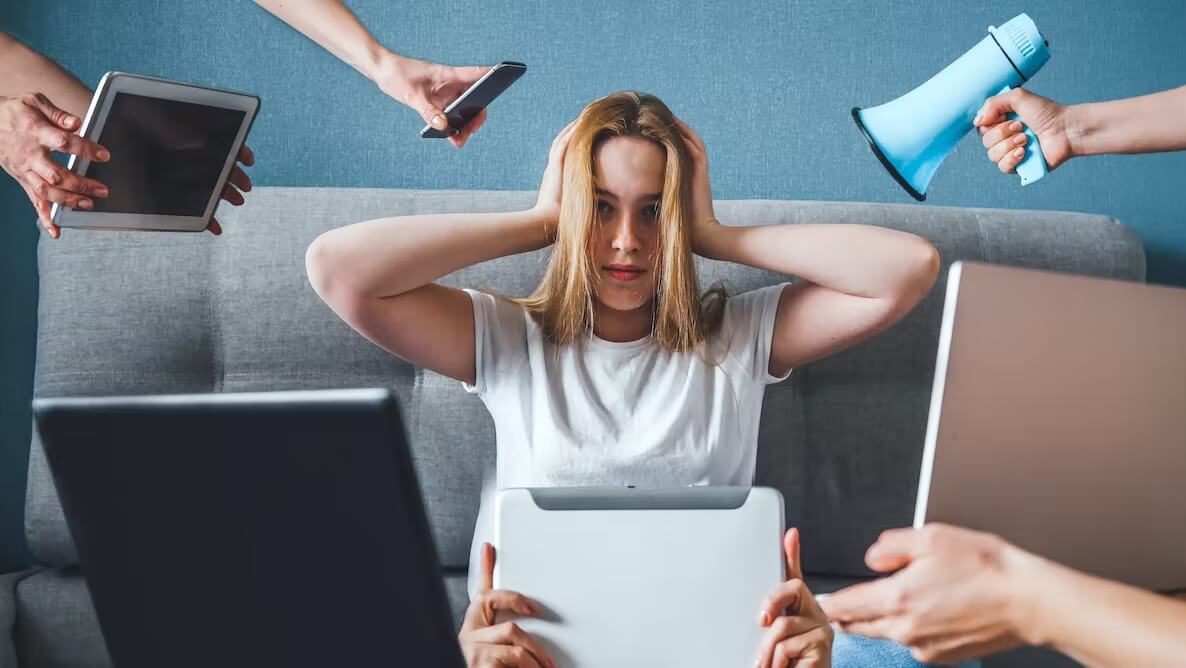In today’s day and age, it’s more important than ever to be aware of the hoaxes circulating the internet. With so much false information out there, it can be tough to know what’s real and what’s fake.
That’s why it’s crucial to know how to spot a hoax before you become the victim of one. Keep reading to learn about the different types of hoaxes and how you can protect yourself from them.
Two types of internet hoaxes
#1 Hoaxes that are spread by mistake
One kind of hoax are those that are intended are simply spread by mistake. Misinformation falls into the latter category. This is false or inaccurate information that’s shared without any malicious intent.
#2 Hoaxes that are intended to be spread to cause harm
Disinformation is spread with the goal of causing harm. This type of hoax is often used to influence public opinion or as a weapon in political campaigns.
How can you tell if something you’re seeing online is a hoax?
There are a few key things to look for:
- Check the source: Is the information coming from a credible source? If not, take what you’re reading with a grain of salt.
What makes a source credible?
A credible media source is one that is hand-picked and trustworthy. There are many ways to determine if a source is credible. Some things to look for include:
- If the source has a good reputation, not just because the source tells you they are trustworthy
- If the source is an expert on the topic
- If the information from the source can be verified
- If the source has no obvious bias

With so much pressure to be first, traditional media outlets sometimes make careless errors. Thankfully, there are now many digital media sources that are working hard to build trust with their audiences by being accurate and reliable. When looking for a credible media source, be sure to consider all of these factors.
Even credible sources can make mistakes. This is why it’s important to cross-check information from multiple sources before coming to a conclusion.
Related Blogs
Follow the money
Most news sources whether they are grassroots or mainstream all have their share of reporting integrity. They don’t get it right all the time, and they don’t get it wrong all the time.
Take a look at who owns them, and who is paying their staff and bills. Are they even profitable? If you follow the money, you can answer a lot of questions! The entity that is paying is the one who has the final say on what story runs, and which story is pushed aside, and they have their reasons.
The media source may be influenced heavily by special interests who have an agenda that you agree with or don’t agree with, but this creates a bias, and if this is the case, you have a biased news source that will not be looking out for your best interests in the long run.
- Look for red flags:
Does the story seem too good or too bad to be true? If so, it probably is.
3. Do a reverse image search:
You can do this by right-clicking on an image and selecting “Search Google for image.” This will show you where else that image has been used online.
- Check for grammatical errors:
Professional news organizations always proofread their articles before publishing them. So, if you see spelling or grammar mistakes in an article, that’s usually a sign that it’s not legitimate.
- See if other outlets are reporting on the same story: If they’re not, that could mean that the story isn’t true.
Concluding Thoughts
The next time you come across something online that seems fishy, don’t hesitate to do your due diligence before sharing it with others. A few simple clicks could save you from being duped by a hoax!
More from thewellthieone.com
The links used on thewellthieone.com are affiliate links, which may provide a small commission. This does not increase the price of the goods for the consumer whatsoever. What it does is ensure that useful content like this can continue to be produced. Thank-you for enjoying our content and allowing us to continue to provide more.

